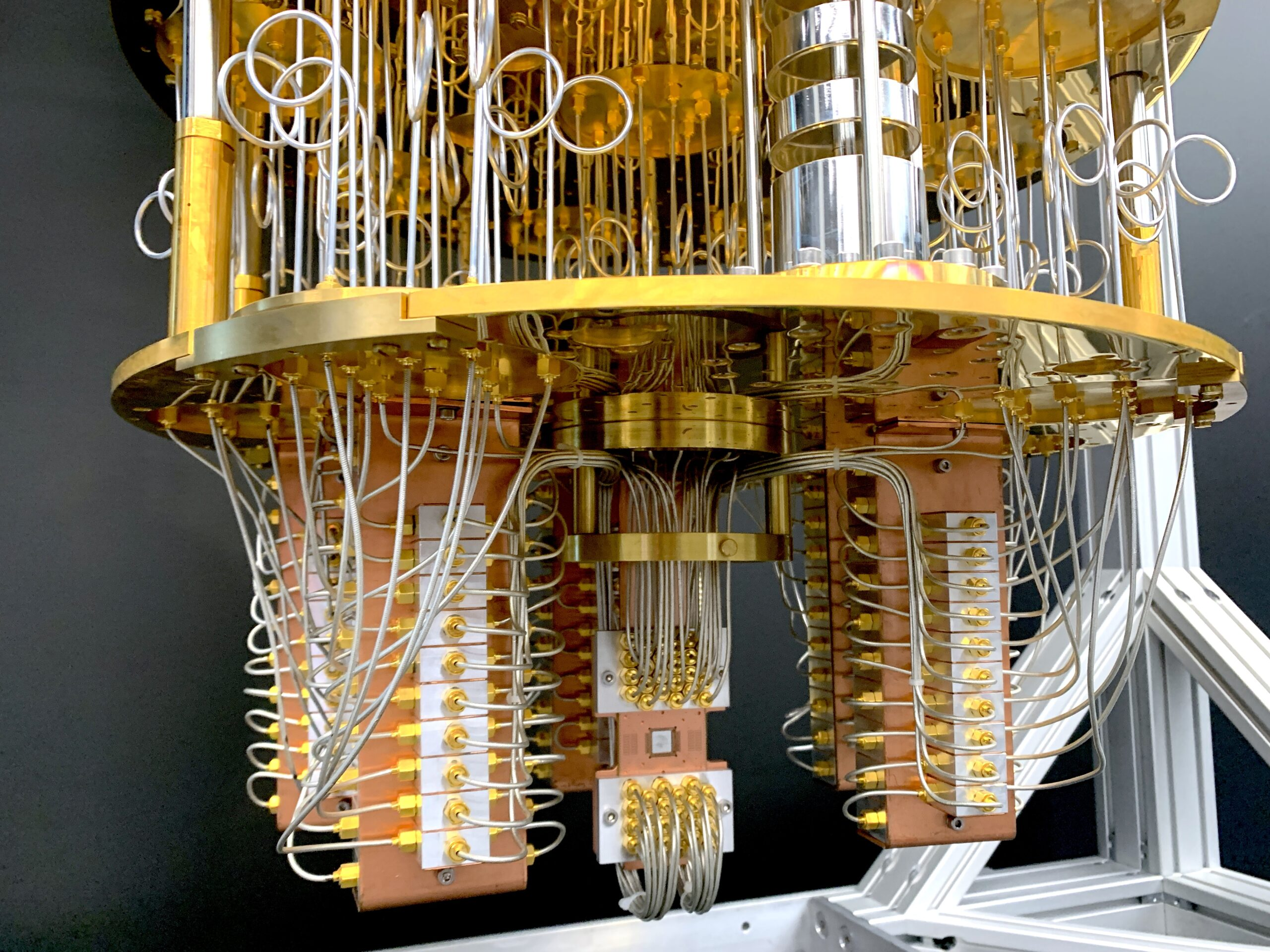Quantum computing represents a paradigm shift in the world of computing, utilizing the principles of quantum mechanics to process information at unprecedented speeds. Recent advances have enabled researchers to explore the potential of molecular quantum computers that leverage trapped molecules for quantum operations. This breakthrough, achieved by a Harvard research team, highlights the ability to manipulate complex internal structures to enhance computational power beyond the capabilities of traditional binary systems. By employing quantum gates and harnessing quantum entanglement, scientists can create intricate qubit states, paving the way for sophisticated applications in fields like medicine and finance. As the quest for faster and more efficient computing continues, quantum computing stands at the forefront of technological innovation.
In the realm of advanced computational technologies, the emergence of quantum information processing is reshaping our understanding of how data can be handled. Terms like quantum systems and quantum physics underpin this innovative approach, where researchers investigate the fascinating properties of atoms and molecules. Recent developments have sparked interest in utilizing sophisticated architectures, such as molecular systems, for executing complex calculations through quantum entanglement and superposition. As scientists delve deeper into trapped particle technologies, the potential for creating more efficient quantum circuits, including quantum gates, is becoming increasingly tangible. With each breakthrough, the promise of next-generation computing solutions appears closer at hand.
What is Quantum Computing?
Quantum computing represents a significant shift in how information is processed, leveraging the fundamental principles of quantum mechanics. This technology utilizes qubits, which can exist in multiple states due to superposition, unlike classical bits that are strictly binary. This property allows quantum computers to perform complex calculations at unprecedented speeds, offering potential breakthroughs in various fields such as cryptography, material science, and artificial intelligence.
In essence, a quantum computer harnesses the phenomena of quantum entanglement, where qubits become interconnected such that the state of one qubit can depend on the state of another. This interconnectedness allows for faster problem-solving capabilities, as multiple calculations can occur simultaneously. As researchers delve deeper into quantum operations and quantum gates, the quest for scalable and reliable quantum systems continues to drive scientific inquiry.
Frequently Asked Questions
What is the significance of trapping molecules in quantum computing?
Trapping molecules is a major breakthrough in quantum computing, as it allows researchers to use the complex internal structures of these molecules as qubits. This new approach can enhance the speed and efficiency of quantum operations compared to traditional systems that rely on smaller particles, potentially leading to the development of advanced molecular quantum computers.
How do quantum gates operate in a molecular quantum computer?
In a molecular quantum computer, quantum gates manipulate qubits, which are the fundamental units of information. Unlike classical gates that work with binary bits, quantum gates operate on qubits that can exist in multiple states simultaneously. In the context of trapped molecules, gates such as the iSWAP gate are essential for generating entangled states and performing quantum operations with high precision.
What role does quantum entanglement play in molecular quantum computing?
Quantum entanglement is a critical property in molecular quantum computing that allows qubits to be correlated regardless of the distance between them. This interconnectedness is vital for performing complex calculations and operations within a quantum system, enhancing the capabilities of molecular quantum computers beyond those of classical computers.
What challenges have been solved by trapping molecules for quantum operations?
Trapping molecules addresses the challenges posed by their delicate and unpredictable nature. By controlling these molecules in ultra-cold environments, researchers can maintain coherence and execute quantum operations reliably. This achievement marks a significant milestone toward realizing stable molecular quantum computers by overcoming previous limitations associated with molecular instability.
How do researchers create an iSWAP gate using trapped molecules?
Researchers create an iSWAP gate by first trapping sodium-cesium (NaCs) molecules using optical tweezers. They then manipulate the electric dipole-dipole interactions between these trapped molecules to perform quantum operations. This process allows them to achieve an accurate two-qubit Bell state, which is crucial for generating entanglement and executing various quantum algorithms in a molecular quantum computer.
| Key Aspect | Details |
|---|---|
| Research Team | Led by Kang-Kuen Ni with Gabriel Patenotte and Samuel Gebretsadkan. |
| Achievement | Successfully trapped molecules to perform quantum operations. |
| Significance of Molecules | Molecules can potentially enhance the speed of quantum computing due to their complex internal structures. |
| Quantum Operations Used | Utilized an iSWAP gate to create entangled states between pairs of trapped molecular qubits. |
| Experimental Technique | Trapped sodium-cesium (NaCs) molecules using optical tweezers in ultra-cold environments. |
| Key Outcome | Achieved a two-qubit Bell state with 94% accuracy. |
| Future Prospects | Potential for innovations and advancements in molecular quantum computing. |
| Funding Sources | Supported by the Air Force of Scientific Research, National Science Foundation, and others. |
Summary
Quantum computing represents a groundbreaking advancement in technology, and recent achievements by a Harvard-led team have showcased its immense potential. By successfully trapping molecules for quantum operations, researchers are opening new pathways for ultra-high-speed computational technology. This significant step not only highlights the versatility of molecular systems but also sets the stage for developing a molecular quantum computer that could transform various fields including medicine, science, and finance.
